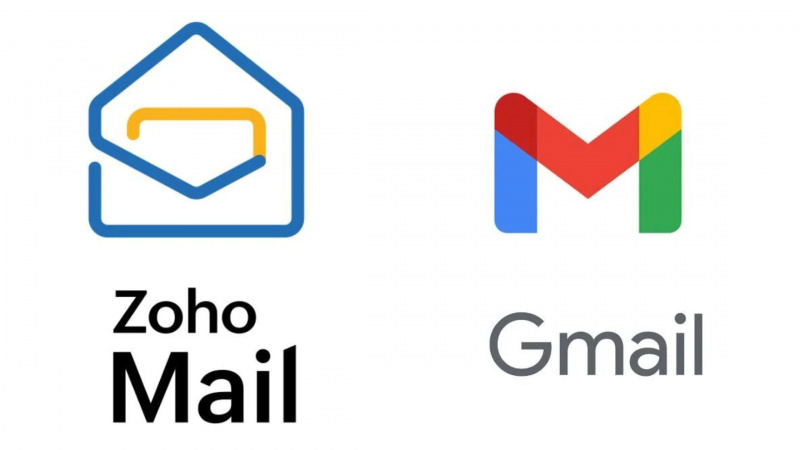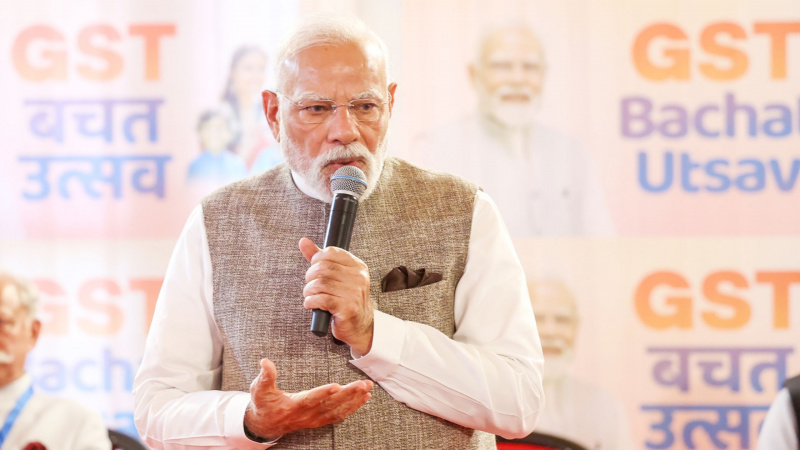The impact of technology on the Indian Education Industry
A majority of Indian educators employ traditional teaching methods, which have failed to meet the student requirements in the modern day landscape. Despite this
- by Vandita Jadeja 2017-05-29 10:28:41
With technology gripping the nation, the Indian education industry, is fast changing. A comparison of the lifestyle between now and a decade ago, show how technology has made a huge impact across the nation. Technology has reduced the distance between nations and has made banking, shopping, traveling, communicating a lot easier. The education sector has not remained untouched by technology. A modern mix of technology and education is coming to life.
A majority of Indian educators employ traditional teaching methods, which have failed to meet the student requirements in the modern day landscape. Despite this drawback, there is a further impact on the number of teachers allocated to the students.With a lower number of teachers across an increasing number of pupils, the capability to focus on the students declines and ultimately has an impact on the student’s academic progression. Different students have different requirements and it is important for the teachers to ensure that every student meets his capability to the fullest. Meeting individual student requirement is nearly impossible in a class of 30 students. Every student is required to follow the average classroom velocity, which means that the individual learning capacity of every student will have to be the same, this is nearly impossible to work on. The inconsistent quality of the teachers also has an impact across the education sector. Most students living in remote regions are worst affected by this problem. They do not have the access to decent schools nor an opportunity to be a part of the state of the art learning pedagogies.
In order to address these problems, digital platforms are using technology to enhance the landscape of academics in the country. By introducing multimedia formats, the platforms are allowing the students to understand the concepts better and also gives them an opportunity to adopt a personalized approach that allows to enhance the student’s learning experience. This also ensures that the student does not have to follow the classroom velocity and can learn concepts at their own speed. Digital platforms offer a better insight into the academic progress of a student. The artificial intelligence allows the quick analysis of the student generated data to evaluate the individual skillsets and their weaknesses. Using this, they can make the best use of their skills while countering the limitations.
This provides the student with an ideal learning environment and also meets their specific needs. By using technology, the teachers can focus on the strengths and weaknesses of the student for each particular topic and give them an efficient way to progress in the same. The digital platforms will provide good quality content at all times and guarantee the availability of academic experts for doubt resolutions as well. Even while travelling, the students can access the educational content and remain at an appropriate academic pace. There are various platforms that are actively making a qualitative difference to the Indian education sector by unlocking the advanced learning methodologies for students across different regions. With the constant evolution of the technology, the long plagued problem across the Country is being resolved with the removal of barriers to quality education.
POPULAR POSTS
The Agentic Revolution: Why Salesforce Is Betting Its Future on AI Agents
by Shan, 2025-11-05 10:29:23
OpenAI Offers ChatGPT Go Free in India: What’s Behind This Big AI Giveaway?
by Shan, 2025-10-28 12:19:11
Zoho Products: Complete List, Launch Years, and What Each One Does
by Shan, 2025-10-13 12:11:43
Arattai vs WhatsApp: Which Messaging App Should You Choose in 2025?
by Shan, 2025-10-10 11:55:06
Top Buy Now Pay Later (BNPL) Apps for Easy Shopping in 2025
by Shan, 2025-09-22 10:56:23
iPhone 17 Sale in India Begins: Full Price List, Launch Offers and Store Availability
by Shan, 2025-09-19 12:00:45
Apple September 2025 Event Recap: iPhone 17, iPhone Air, Apple Watch Series 11, and India Pricing Revealed
by Shan, 2025-09-10 09:55:45
RECENTLY PUBLISHED

Loan EMIs to Drop as RBI Slashes Repo Rate - Full MPC December 2025 Highlights
- by Shan, 2025-12-05 11:49:44

Pine Labs IPO 2025: Listing Date, Grey Market Premium, and Expert Outlook
- by Shan, 2025-11-05 09:57:07

Top 10 Insurance Companies in India 2026: Life, Health, and General Insurance Leaders Explained
- by Shan, 2025-10-30 10:06:42

Best Silver Investment Platforms for 2025: From CFDs to Digital Vaults Explained
- by Shan, 2025-10-23 12:22:46

Zoho Mail vs Gmail (2025): Which Email Platform Is Best for Businesses, Startups, and Students?
- by Shan, 2025-10-09 12:17:26

PM Modi Launches GST Bachat Utsav: Lower Taxes, More Savings for Every Indian Household
- by Shan, 2025-09-24 12:20:59




 Subscribe now
Subscribe now 